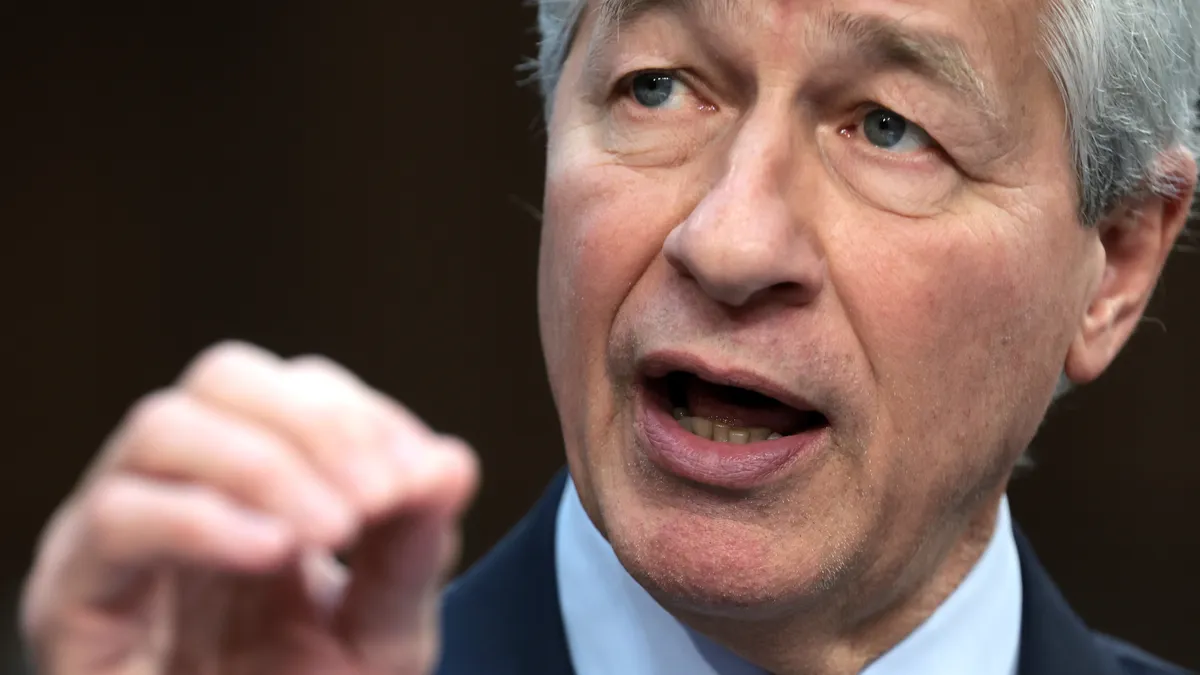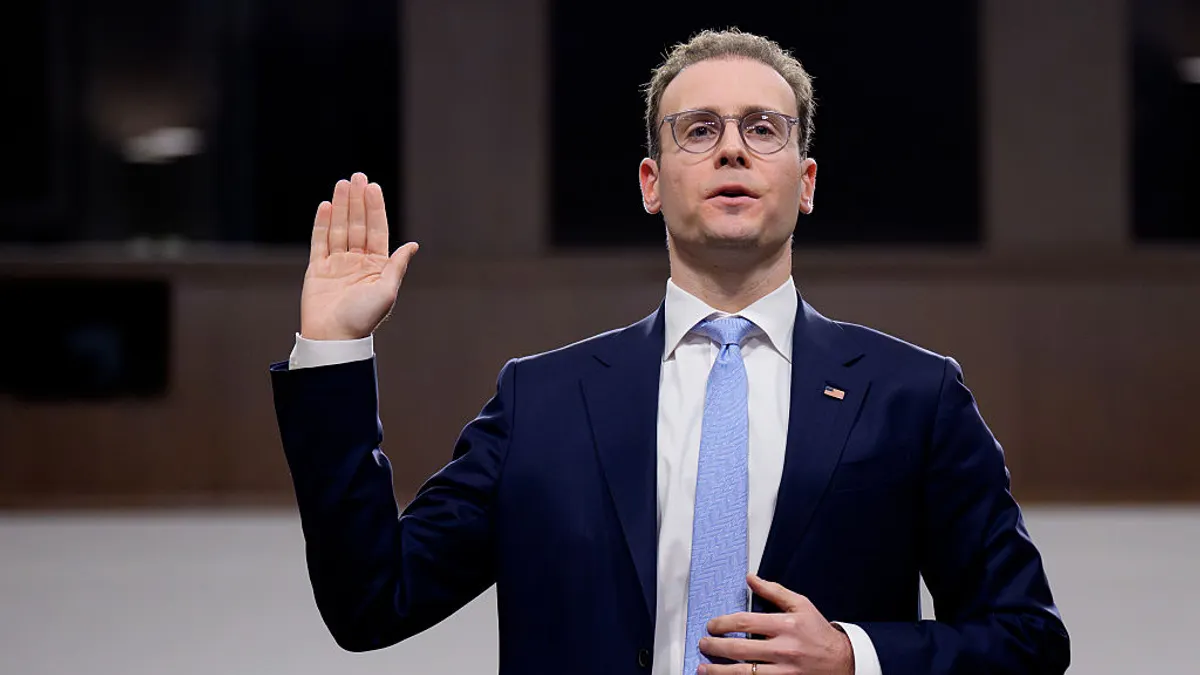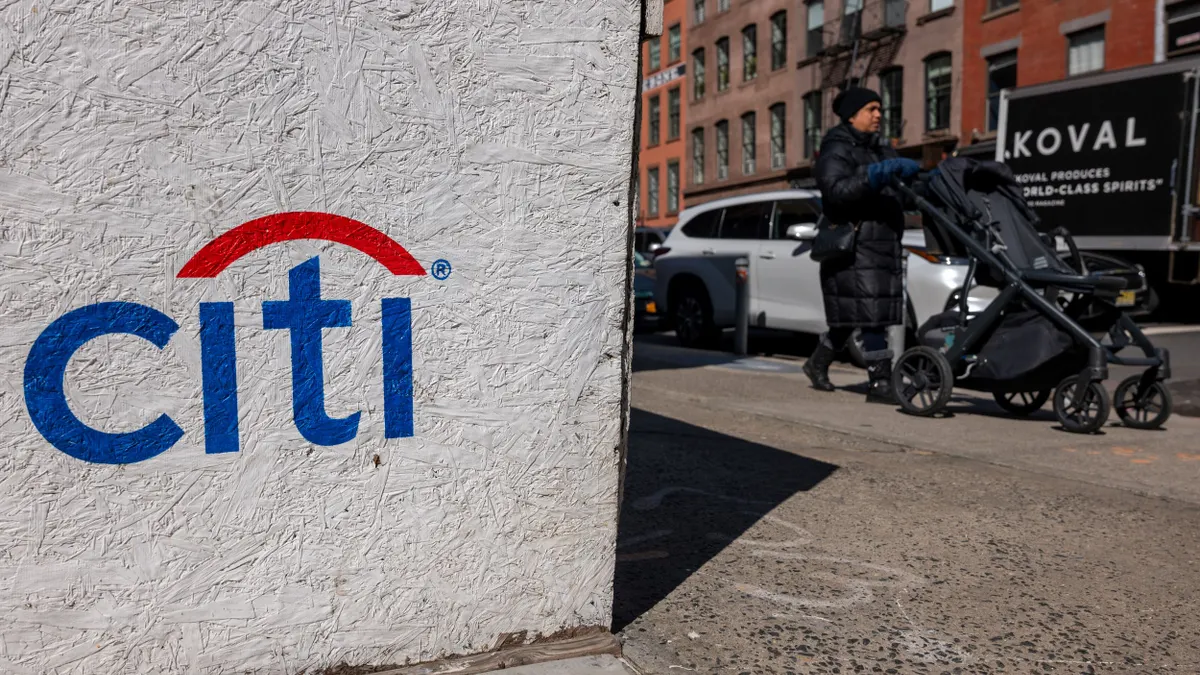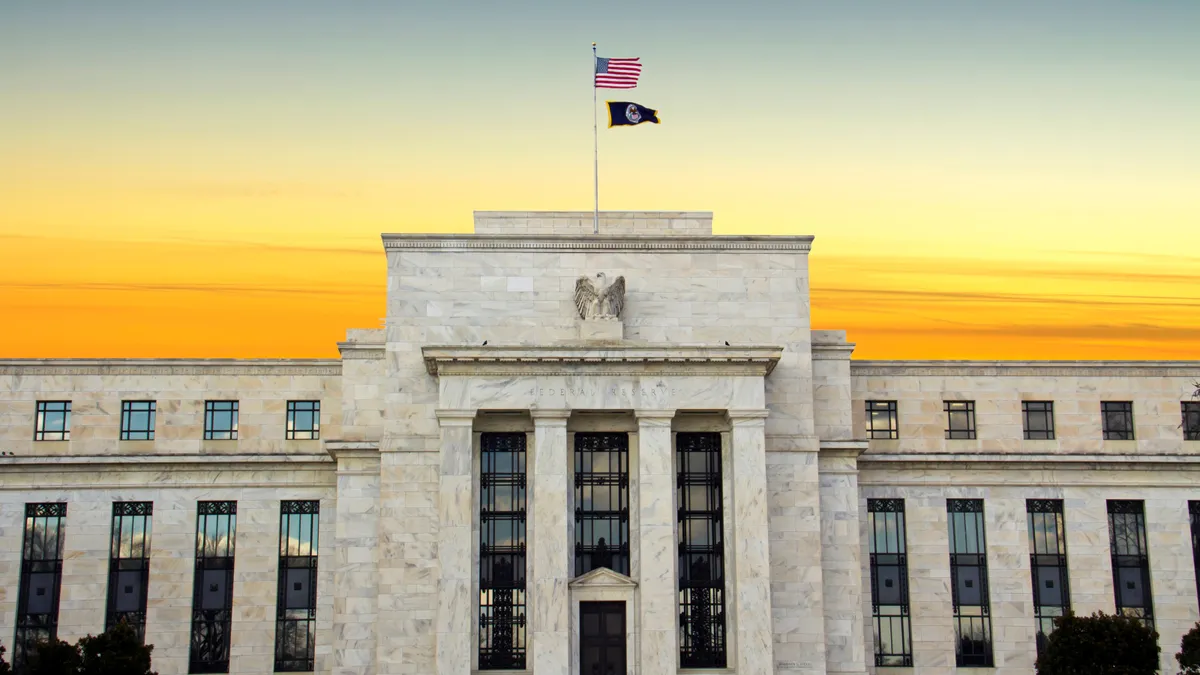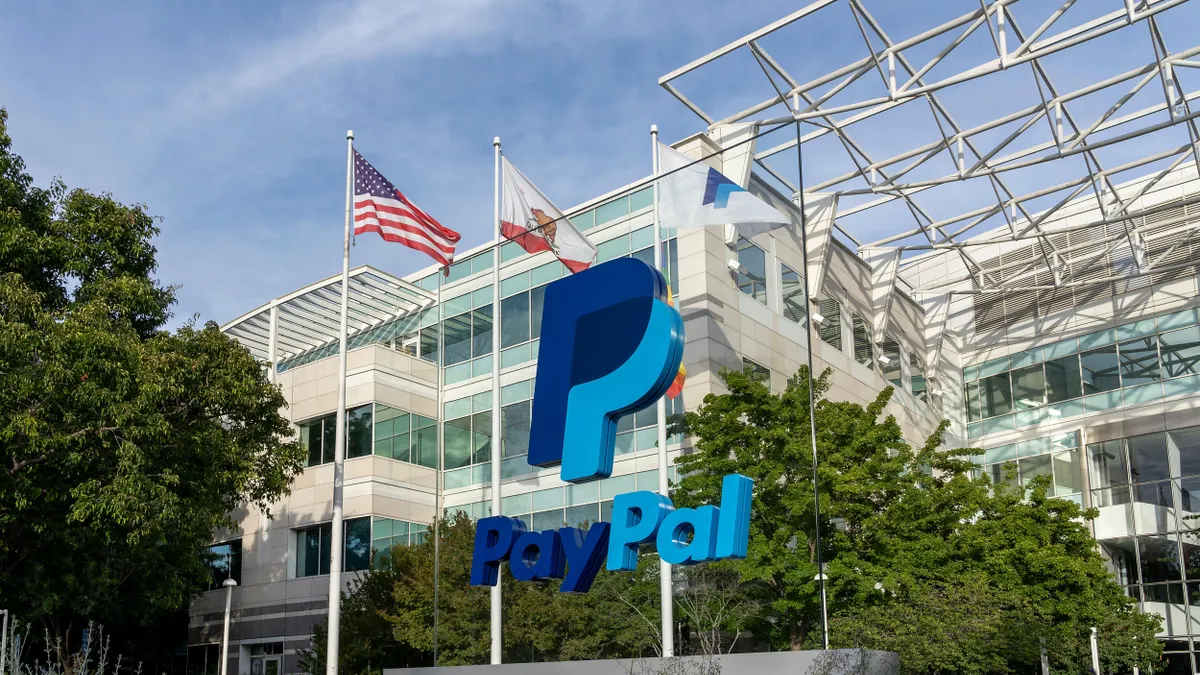JPMorgan Chase CEO Jamie Dimon didn’t hold back in airing his grievances over regulatory and forward-looking concerns during the bank’s investor day Monday.
Constant rules and regulations “are damaging America at this point,” Dimon said during a question-and-answer session at the end of the nearly five-hour event in New York City. The Wall Street Journal reported Monday that Dimon led big-bank CEOs in pushing back on regulators’ effort to increase capital requirements. The multiagency proposal, issued last July, would require JPMorgan and other systemically important U.S. banks to hold roughly 19% more capital.
With that proposal, Dimon asked, “what is it regulators are trying to accomplish?”
The proposal has seen some tweaks over the past months. The Federal Reserve launched an effort to collect more data from affected banks, in response to concerns the proposal did not contain enough quantitative analysis.
Dimon on Monday said that research should have been done beforehand.
“Regulators should be telling you what they want the outcome to be,” he said.
Fed Chair Jerome Powell in March told lawmakers he expected “broad” and “material” changes to the capital requirements proposal — a sentiment reinforced last week by Michael Barr, the Fed’s vice chair for supervision.
Agencies should employ “far more forethought,” Dimon said, asserting that mortgages have been driven out of the banking system and that the Fed’s discount window should have been fixed a decade ago.
The banking industry has pushed back on regulatory reform efforts, “and they should,” Dimon said. JPMorgan will be fine, he said, but midsize banks with traditional lending and deposit businesses might not be able to afford the regulatory changes and will suffer.
“Is that what they want? That’s what they’re going to get,” Dimon said of regulators in a scolding tone. “They should have thought about it beforehand.”
Stress tests and capital analysis aren’t the biggest risks facing the banking industry, Dimon asserted.
“You know what worries me the most? Cyber, trade, de-globalization, Taiwan,” he said. Cyber is his biggest concern, and movement to the cloud “creates a whole other level of cyber risk,” he added.
Dimon articulated also worries about deficits, persistent inflation, some borrowers’ inability to handle higher rates and the potential impact of widening spreads, Oppenheimer analyst Chris Kotowski said.
“Every year that we have gone to JPM's Investor Day, Dimon has been cautious, but this year he was in rare form, even for him,” Kotowski wrote in a note to investors, referring to “Dimon's dark ruminations.”
“I look at the world situation and I’m quite cautious,” Dimon said during the event. “I like having a lot of extra capital right now, to tell you the truth.”
In looking ahead, Dimon, who’s led the bank since 2006, deviated from his standard response that retirement is five years away. Dimon, 68, said Monday the timetable “isn’t five years anymore.” Succession planning at JPMorgan is well underway, he said.
Potential successors to Dimon include Marianne Lake, head of the bank’s consumer and community banking division, and Jennifer Piepszak, co-CEO of JPMorgan’s commercial and investment bank, both of whom spoke during the investor presentation.
“Seeing JPM’s full management team take the stage always reminds us of the excellent depth of this group, which becomes even more important as investors begin to prepare for CEO Jamie Dimon’s eventual retirement,” Piper Sandler analyst Scott Siefers wrote in a note to clients.
Dimon underscored the importance of the company’s work ethic, but was quick to follow that up with “nothing’s more important than our people.”
After news broke of the death of Bank of America investment banker Leo Lukenas III, several JPMorgan executives gathered in the office of Robin Leopold, the bank’s head of human resources, asking what the bank could learn from the situation, Dimon said.
Lukenas, an Army veteran, died this month of a blood clot, Reuters reported. Other JPMorgan executives, too, emphasized the importance of employee health and well-being during Monday’s event.
“There is nothing, nothing that is more important than the health and well-being of our employees, and we're aware of those stories and they are tragic and incredibly sad,” Piepszak said during the event, according to Reuters.
JPMorgan is zeroing in on efforts to assist staffers in effectively managing work-life balance, noted Piepszak’s co-CEO, Troy Rohrbaugh.
Artificial intelligence, which Dimon has said could be as transformational as the printing press or electricity, was also consistently mentioned by executives throughout the event. On Monday, Dimon said he expects AI to affect every job.
New employees of the bank are going through AI training, and the technology is already helping staff in JPMorgan’s asset and wealth management unit save time and grow revenue, said Mary Erdoes, head of that division.
JPMorgan President Daniel Pinto said he expects AI will have a “very, very” large impact for JPMorgan’s 60,000 developers and 80,000 operations and call-center employees, according to Bloomberg.
The bank expects to spend about $17 billion on technology this year, CFO Jeremy Barnum said.


